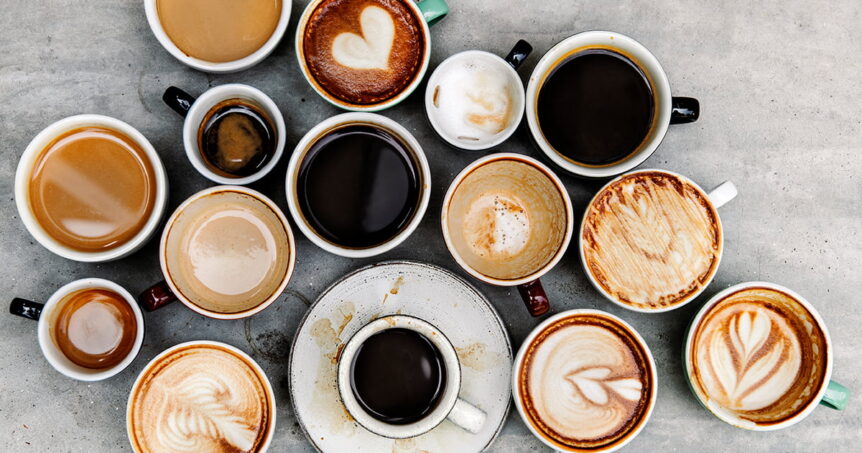The term “specialty coffee” encompasses several types of high-quality coffee, including organic, fair trade, single-origin, and direct trade. Read on to get informed about Special coffee.
Specialty Coffee Definition
In coffee, specialty coffee refers to a variety of products produced with a higher level of quality in mind. Growing, processing and roasting are all factors that define specialty coffee. It is also possible to determine it by the roaster or brewing method.
A more careful production process and better ingredients make these types of coffee higher quality, besides tasting better and having better health benefits. They are often more expensive than commodity coffees.
In a nutshell, specialty coffee is the best you can buy. The Specialty Coffee Association of America coined the term in the 1990s to describe coffee grown and processed in a way that emphasizes its taste.
The soil, climate, and elevation of regions where coffee beans are grown contribute to the quality of the beans. They’re picked at their peak flavorful when they’re ripe, so they’re tasty.
As this coffee is often roasted with extra care, it has a richer taste using techniques like the “wet process,” which involves soaking beans in water before drying.
There are also third-wave cafes and artisanal cafes that are specialty coffee shops. These shops focus on selling this coffee and educating customers about their products and brewing methods.
They often offer pour-over, espresso, brewed coffee options, and other drinks like tea, hot chocolate, and smoothies.
It comes from 100% Arabica beans, which grow in places like Ethiopia and Kenya. And it’s often roasted at low temperatures to preserve the bean’s natural flavor. Most other types of ground coffee come from lower-quality Robusta beans, which have more caffeine than Arabica but less tastiness.
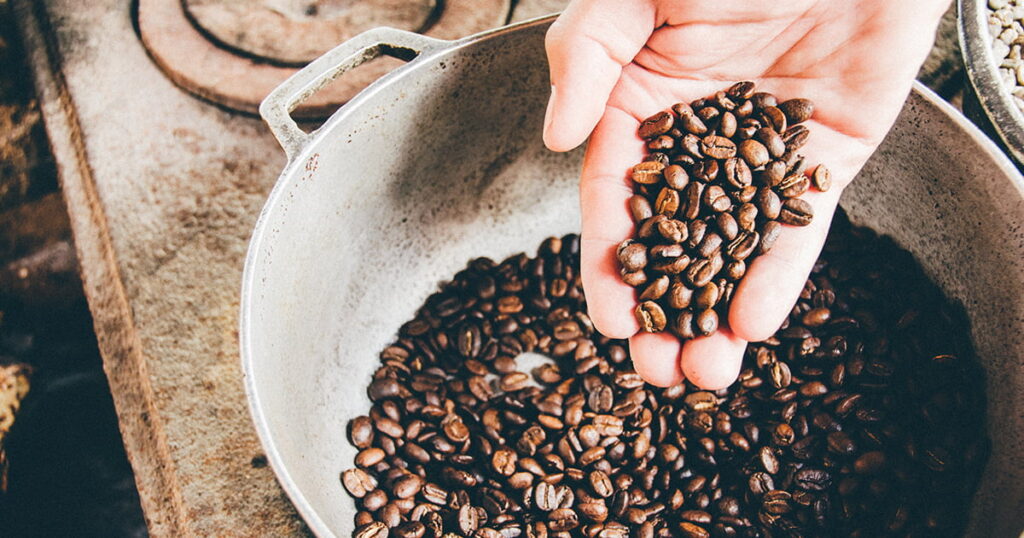
Image credit > Milo Miloezger from Unsplash
What Is Specialty Coffee?
The term specialty coffee describes the best coffee available to consumers. The term refers to coffee produced in a more natural and friendly manner, as well as tasting better.
This special coffee requires handpicking, sorting, and careful drying and storing. You must add Chemicals and additives to it during processing. It would help if you kept it in an airtight container until it reached the consumer.
Equipment is smaller, and there are no filters, so the flavor of the beans shines through. You can enjoy specialty coffee at home, in restaurants, cafes, or other establishments.
As more people learn how this coffee tastes, it’s becoming more popular. Due to this rise in popularity, there is a growing demand for this type of coffee, which means more people can enjoy it!
This coffee is often more expensive than other types of quality coffee, and it’s also higher in caffeine.
This specialty quality coffee is like any other specialty food: it has specific characteristics that make it stand out from the rest of other coffees. It distinguishes itself through its taste, aroma, and appearance.
The specific criteria for what makes a coffee “specialty” vary across different markets and regions. Still, they describe the same characteristics: premium beans, roasting, and brewing methods that produce a unique flavor profile.
Specialty coffee can be divided into two subcategories: single origin and blended. Single-origin coffees come from one place; blended coffees are made of beans from multiple locations.
Some people refer to specialty coffee as gourmet, but the terms can overlap, and not all of them mean the same. “Specialty grade” refers to making and roasting.
Among the characteristics of this coffee is:
- The beans are 100% Arabica (or at least 95%).
- It has a lower acidity level than standard blends.
- The flavor varies from blend to blend, but their unique flavors will help you distinguish them from one another.

What Is Specialty Coffee Meaning?
In the coffee world, “specialty” refers to a coffee bean. It’s defined by its taste, smell, and body. Specialty coffee is often found in places where coffee growers roast their beans, like cafes and roasters.
Specialty coffee roasts darker than commodity coffee beans, which gives it more flavor and aroma. The longer you roast the beans, the darker they will get—and the stronger the flavor will be.
The best way to find out what a specialty coffee tastes is to try one yourself. You can try one at a local cafe or roaster if you have one in your area; if not, many online retailers sell these types of coffees as well.
Since green coffee is an agricultural product, it can be subject to many variables in the field, during processing, and even during roasting. These variables create different characteristics in each bean, which affect the flavor after brewing.
Roasting specialty coffee highlights the unique flavor qualities of beans sourced from single farms or regions. In other words, this coffee tastes, smell and looks different depending on where it comes from and how it’s prepared.
What Is Considered Specialty Coffee?
Specialty coffee refers to coffee grown, harvested, processed, and roasted uniquely. A third-party certification signifies the ethical sourcing and minimal processing of specialty coffee.
Farmers and roasters working together ensure that specialty coffee meets strict quality standards.
By selling specialty coffees at higher prices, these producers can make more money from their crops and sell them for more sustainable prices than otherwise.
Farmers select agricultural fields worldwide to produce this coffee and grow the product in ideal conditions. Often, local roasteries roast it first, grind, brew, and serve it.
From its cultivation through roasting and brewing processes, specialty coffee is produced with care and attention to detail. As a result, you get a richer-tasting cup of joe that tastes like you’re drinking it in an artisanal bakery.
Specialty coffee preparation can vary depending on where it’s grown and the farm that produces it. There are a few different ways to prepare specialty coffee:
- Dry-processed: Drying the beans results in a sweeter flavor and lower acidity.
- Washed: Roasting beans begin by washing and drying them. After drying, the fruit pulp attached to them results in fruity notes.
- Natural: It produces a more subtle earthy flavor than other roasting methods due to the absence of additives or chemicals.
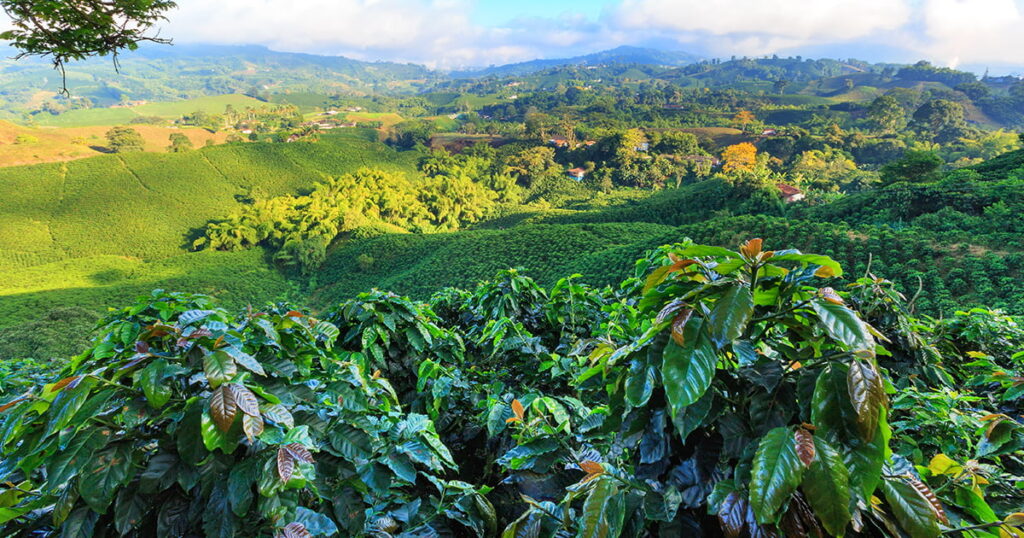
Where Is Specialty Coffee Grown?
Many countries are growing coffee worldwide, but the best beans come from Central America.
Colombia and Brazil are the most important countries in the supply chain for specialty coffee production. The most common use for these beans is in espresso and other brewing methods that require ground beans.
Specialty coffee is grown in many countries worldwide. Brazil, Ethiopia, El Salvador, and Indonesia are the most famous and widely-grown countries.
Besides these countries, specialty coffee is also available in Mexico, Colombia, Puerto Rico, Honduras, Guatemala, Kenya, Costa Rica, and Hawaii.
Who Consumes it?
People who love coffee and are willing to spend more on their favorite roasted coffee. Many people consume it to learn how to improve the quality of their brews. Often, specialty coffee shops offer classes and events where customers can learn more about coffee.
Coffee lovers drink it because they believe it has more health benefits than regular ones. The majority of them enjoy the taste and want to share with their friends where their coffee was grown or how it was roasted.
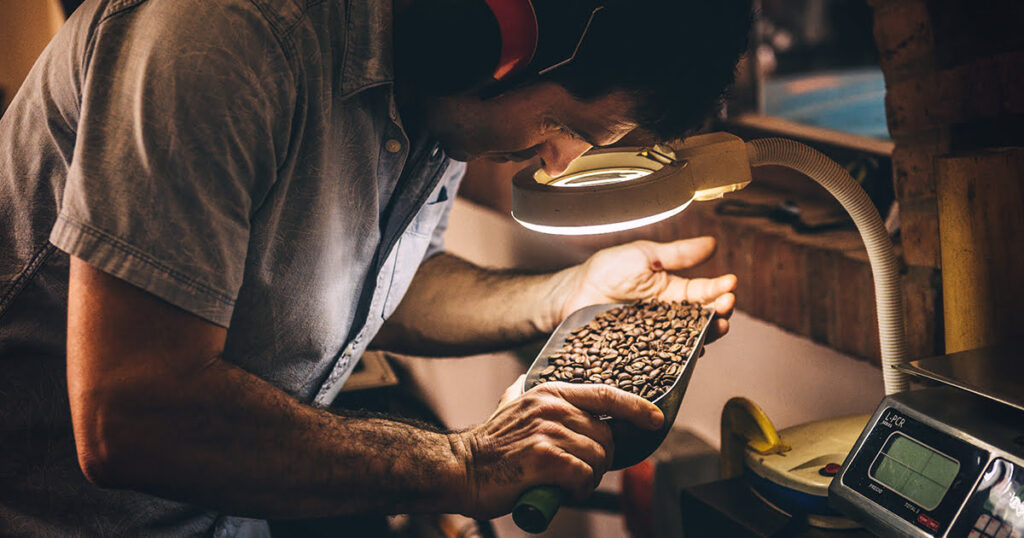
How Is The Coffee Quality Measured?
The main factors defining specialty coffee are the bean’s quality and the roast’s uniqueness.
First, you must assess the bean’s quality by considering some variables, such as the location, harvesting method, and aging period.
It is common for specialty roasters to look for specific flavor notes in their beans. Coffee lovers may prefer a particular taste, such as fermented or slow-dried beans. The beans might need a particular level of acidity or heavy body.
A second factor is the uniqueness of the super dark roast, which involves finding ways to give each coffee a unique flavor profile. It’s essential when roasting (which often burns off some delightful flavor notes). During roasting, specialty roasters often use different temperatures and times to create different flavors.
The Specialty Coffee Association of America (SCAA) also uses a scale to measure specialty coffee. Using a scale of zero to 100, it measures how the coffee tastes and smells. Beans with higher numbers will taste and smell better and be more expensive.
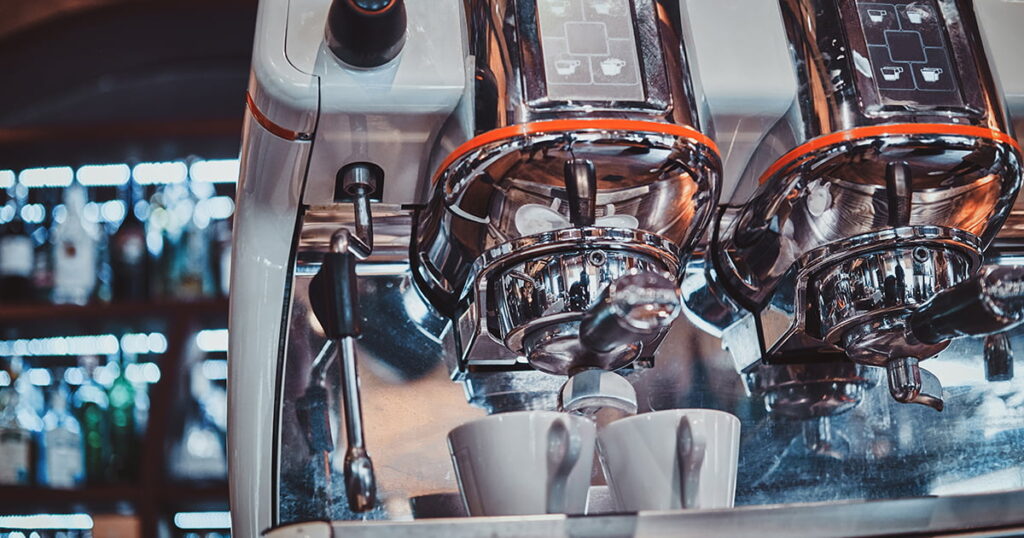
Enjoy this coffee quality!
The specialty coffee industry is huge and shows no signs of slowing down. New companies are popping up daily to meet demand, and the market is becoming more competitive.
If you’re a coffee lover and enjoy super dark roasts, now is the time to jump on board and enjoy excellent coffee while it’s still in its infancy. More people will learn to differentiate pretentious coffee as time goes on.

